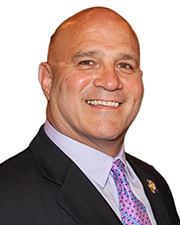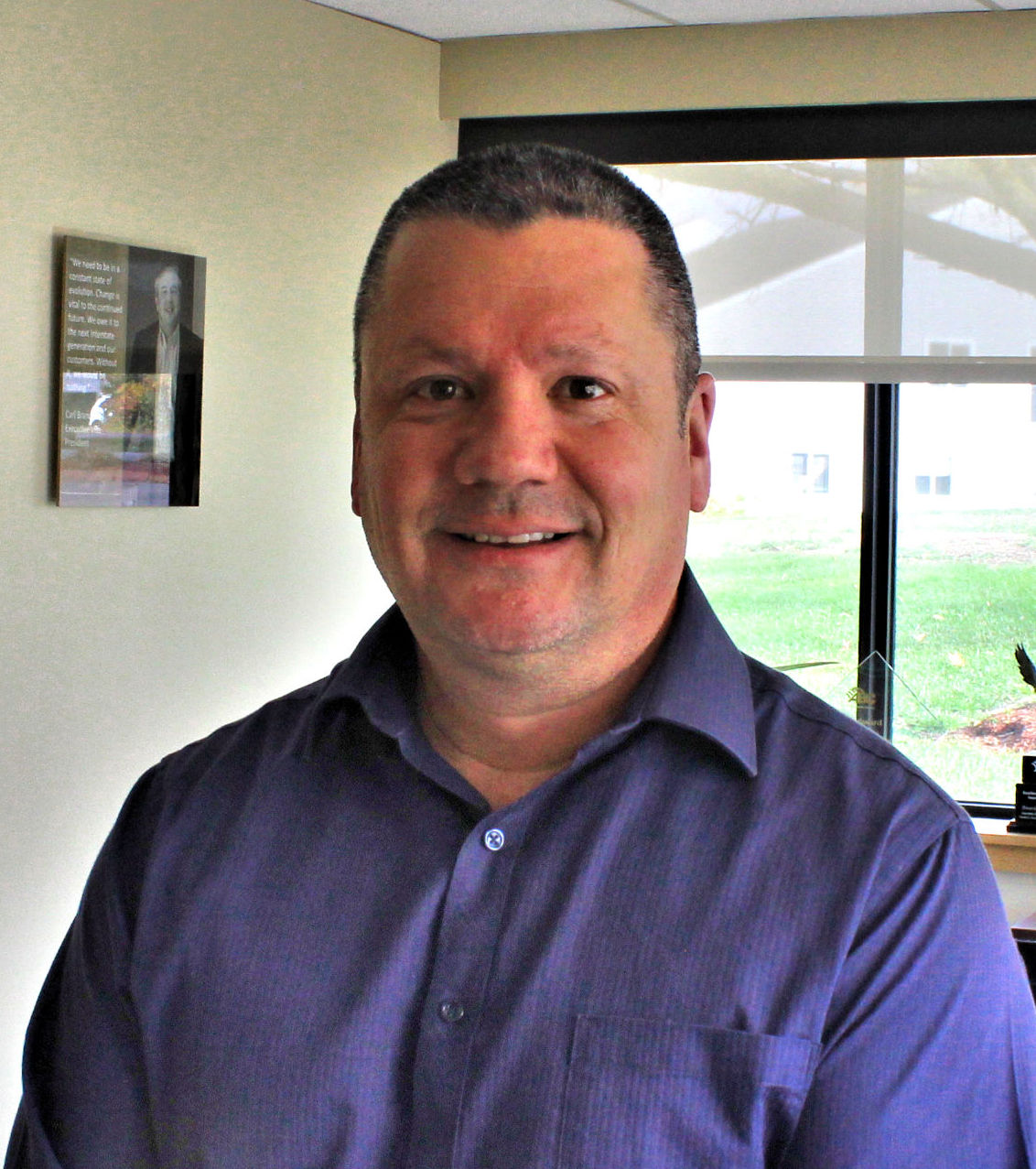News:
Construction Design & Engineering
Posted: January 15, 2015
Trusts actively invested in real estate may not be subject to medicare tax
The 2013 tax year was the first year that the 3.8% Medicare tax was assessed on investment income, including investments in real estate. There is, however, a safe harbor rule that allows certain real estate professionals to exclude their rental income from investment income subject to this tax. Many real estate professionals took advantage of the safe harbor rule on their personal tax return, which allowed them to classify their rental income as trade or business income rather than investment income, thus not subject to the Medicare tax. This left some taxpayers asking: "What about rental income held in a trust?"
This raised the question of whether or not a trust can take advantage of the safe harbor rule as well. In order for a trust to qualify as a "real estate professional," we have to look at whether a trustee would qualify.
Real Estate Professionals
The designation of a real estate professional has been around since the 1980s and was primarily elected so that professionals could use losses from their real estate operations to offset other income. Now with the implementation of the new Medicare tax, the designation has become even more important for people in the real estate industry.
The requirements for being classified as a real estate professional are stringent, which makes it impossible to qualify unless real estate is the trustee's primary business. For the trustee to qualify, more than 50% of the trustee's personal services must be spent in real property trade or business. The trustee must also perform at least 750 hours of services in real property trade or business in which he or she materially participates. Once the trustee qualifies as a real estate professional, they must also meet one of seven material participation tests each year. The material participation test excludes hours spent on management, leasing, and brokerage.
Material Participation of a Trust
In Aragona Trust v. Commissioner, the tax court decided that the activities of the trustee should be considered when determining if the trust materially participated in real estate activities. In this case, the tax court considered the direct ownership the two trustees held in the real estate as well as the trust's ownership in those real estate investments. The tax court also considered the goals of the trustees as individual owners versus their goals as it relates to their responsibility as trustees, concluding that all parties had common goals, and the two trustees were involved in the day to day operations of the trust real estate businesses. The court did not specifically define what it considered the material participation to be, which has left it open to interpretation. The facts and circumstances of each trust must be carefully considered before determining whether or not the trust materially participates in its activities.
The Safe Harbor Rule
Under the safe harbor rule, if the real estate professional trustee meets either of the following material participation tests, the trust's rental income is automatically excluded from the Medicare tax:
* Participating in rental real estate activities for at least 500 hours in the tax year
* Participating in rental real estate activities for at least 500 hours in any five of the last 10 tax years
The taxpayer may establish material participation under one of the other five rules, but it will be highly dependent on the facts and circumstances of the trust. The IRS could potentially challenge a real estate professional designation that is met under the other five material participation tests.
When the trustee, and therefore the trust, qualifies as a real estate professional and meets the hours required under the safe harbor rule, the trust's potential tax savings could be significant. Each situation is unique and you should involve your tax advisor regarding the application of this case to your specific circumstances.
James Downing, CPA, MST and Laura Gregoriadis, CPA specialize in real estate at DiCicco, Gulman & Co. LLP, Woburn, Mass.
MORE FROM Construction Design & Engineering
Timberline Construction Corp. completes renovation for Notre Dame Long Term Care facility
Worcester, MA Timberline Construction Corp. (Timberline) has completed an 18-month, 55,000 s/f renovation of the Notre Dame Long Term Care facility. The project transformed the nursing home into a modern, community-driven and patient-focused environment

Quick Hits
Columns and Thought Leadership

Insulation experts are the unsung heroes of our clean energy progress - by Jeffrey Saliba
While not as well-known as Nobel-prize-winning economists, politicians, or international climate activists, your local union insulators are essential to reducing harmful carbon emissions across Massachusetts. We’re proud to advocate for cleaner energy in the halls of power, as well as do the skilled, physical work in schools, office buildings,

Navigating tariffs and material uncertainty in today’s construction market - by Karl Ginand and Tiffany Gallo
As headlines around tariffs seem to dominate the news daily, many considering construction projects have anticipated major cost escalations and widespread supply issues. While tariffs haven’t driven pricing spikes to the extent once feared, the lasting impact has been a new layer of uncertainty, affecting more than just budgets.

It’s time to lead: Confronting mental health in construction - by David Watts
As we close Mental Health Awareness Month, we must be clear: May isn’t just about ribbons, hashtags, or lunchtime mindfulness apps. It’s about responsibility to confront hard truths that linger in silence, and to challenge ourselves, as leaders in our industry, to do more.

Ask the Electrician: How do I prepare my commercial building for a disaster?
New England’s notorious weather – from fierce winter storms to summer squalls and fall hurricanes – can leave businesses in the dark. While power outages are often blamed on storms, they can also be caused by unforeseen events like accidents or construction mishaps.

.png)








.png)